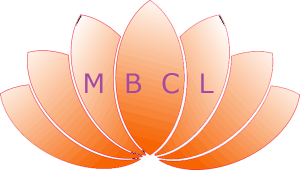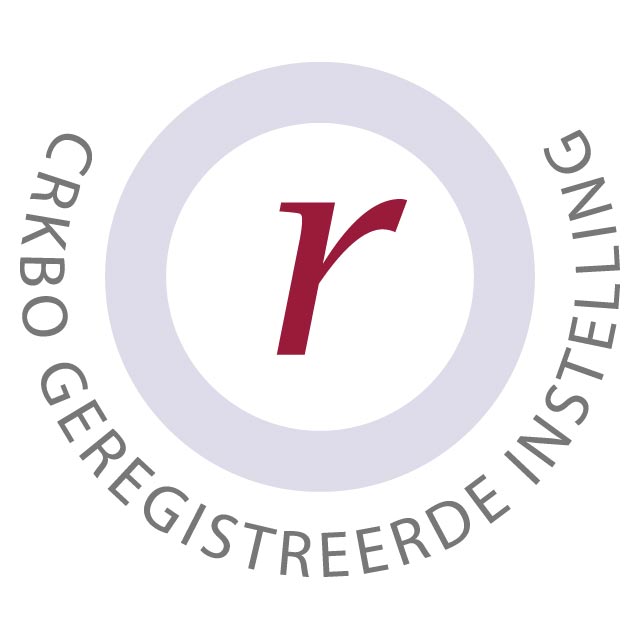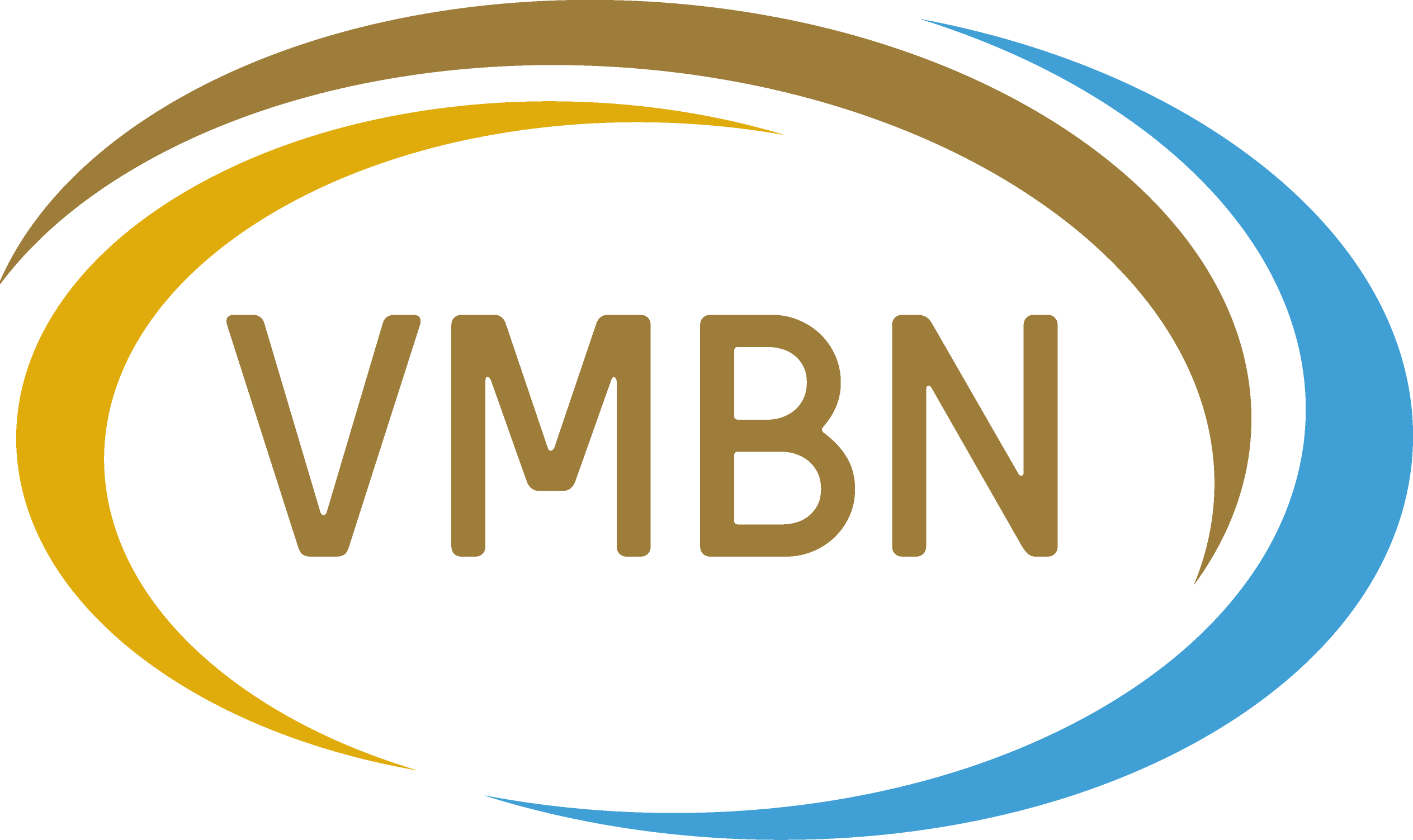Mindfulness Based Compassionate Living (MBCL)
Why (self) compassion?
Training in (self) compassion creates:
- More warmth, security, acceptance and connection with yourself and with others
- Insight into the value of (self) compassion
- Being better able to deal with worries and stress
- Insight into the principles that play a role in the practice of compassion
- Insight into the principles that play a role in the practice of compassion
Program
Like the mindfulness training, the compassion training (MBCL) consists of eight meetings and a day of silence. Exercise also receives a lot of attention in this training and the exercises offered offer the opportunity to experience more warmth, security, acceptance and connection with yourself and others. You are also expected to practice at home, approximately 30-45 minutes a day. For this you will receive a workbook and the necessary audio files.
The compassion training includes the following:
- Validating pain and suffering;
- How our brain and organism evolved to survive;
- Insight into the three emotion regulation systems;
- How the emotion regulation systems can become unbalanced by influences from the outside, but also from the inside, for example by shame, self-criticism and “the inner bully”;
- How mental images can affect emotion regulation systems and how training in compassion can help restore balance;
- A fourth response to stress; tend and befriend, next to fight, flight, freeze;
- Three antidotes to severe self-criticism, self-isolation and over-identification: respectively self-kindness, common humanity & mindfulness;
- Developing the compassion mode through exercises in compassionate motivation, paying attention, feeling, reasoning, imagining, speaking and acting;
- The cultivation of compassion as one of the four self-transcending qualities: kindness, compassion, (fellow) joy and inner balance.
The compassion training, which is officially called Mindfulness-Based Compassionate Living (MBCL), is based on a scientifically substantiated vision of the importance of (self) compassion and inspired by, among others, the work of Paul Gilbert (The Compassionate Mind, Constable 2009), Christopher Germer (The Mindful Path to Self-Compassion, Guilford 2009) Rick Hanson (Buddha's brain, Ten Have, 2012) and Kristin Neff (Self-compassion, De Bezige Bij, 2011). The MBCL training was developed by Erik van den Brink and Frits Koster. I rejoice that I was trained by them as a compassion trainer.
You can download the full brochure for this course here to download.
For whom?
The MBCL is intended for people who have experienced that mindfulness practice or meditation brings them something positive. For people who may have difficulty integrating the practice into daily life and/or who want to develop a gentle attitude towards themselves. The MBCL is best to follow if you have previously followed a mindfulness training (MBSR/MBCT), but experience with other forms of meditation is also fine. The MBCL can also be a suitable choice for you in case of chronic health problems or a difficult time and the desire to continue to take good care of yourself.
We work in groups of a minimum of 10 and a maximum of 16 participants.
Next training:
Fall 2025 (October 28, 2025 – December 16, 2025)
8 Tuesday evenings from 7:00 PM - 9:30 PM in Son en Breugel
Be welcome!
Location
Son and Breugel
Register for the training
Mindfulness Based Compassionate Living (MBCL)
Professional associations
Birgitte is a member of the following professional associations and networks.









